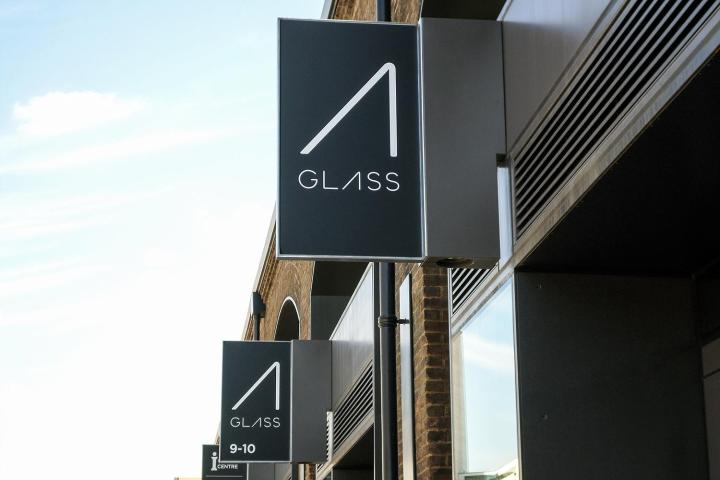
For starters, it’s apparently got a new name. It’s now called Project Aura, which, as you may have noticed, is only one letter away from Project Ara, another of the Mountain View company’s moonshot initiatives. To really mix things up, perhaps next they’ll rename their smart contact lens team Project Aurora.
The Journal’s unnamed source also says the Aura team has recently grown in size following a hiring spree that targeted engineers, software developers, and project managers. Interestingly, a number of those brought on board are said to be recently laid off engineers from Amazon’s Lab126 research facility in Silicon Valley.
The news outlet adds that information spotted recently on LinkedIn suggests Project Aura isn’t focusing purely on Glass. It says the profile of a new Aura member reveals that the team’s work encompasses “Glass & beyond”, with the employee adding that it’s currently developing some “cool wearables.”
Google Glass
Google Glass promised so much in its early stages, though public and lawmakers’ disquiet over issues such as privacy contributed to the project’s derailment. At the start of this year the company canceled the public Explorer program and told the Glass team to “take a pause” and reset its strategy.
It seems clear that the initiative is very much up and running again, albeit with a different name and a revamped team. The leader, however, hasn’t changed – it’s still Ivy Ross, who was in charge of the Glass project prior to its hiatus.
There’s no word on the design of the latest version of Glass, though a patent uncovered at the end of last year suggests the team could be focusing on a sleeker, more minimalist look that eliminates the clutter of earlier iterations.
A report at the end of July suggested Google is already testing a new design for those working in industries such as healthcare, manufacturing, and energy, and is aiming to introduce the device on a wider scale in the fall.
As for a new consumer version, well, after setting aside its first effort, the suggestion is we’re unlikely to see anything until summer 2016 at the very earliest.
Editors' Recommendations
- Wildfire smoke prompts Google to issue work-from-home advisory
- Google’s Messages app will soon work better with iMessage
- Oppo Air Glass avoids the one feature that made Google Glass so controversial
- Apple’s smart glasses could feature futuristic projection tech
- Wearables at Google I/O 2021: Everything new announced today


